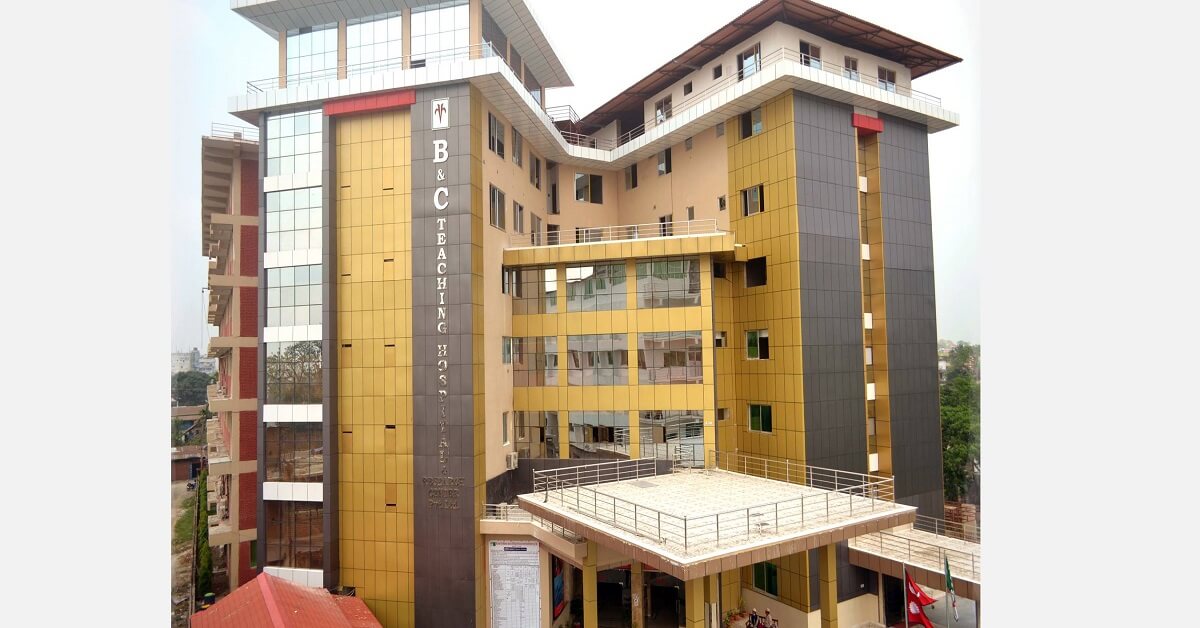
Supreme Court's Decision on B&C Medical College Affiliation
In a significant legal development, the Supreme Court of Nepal has mandated the affiliation of B&C Medical College in Birtamode, Jhapa. This ruling comes as a result of a bench decision by Justices Kumar Chudal and Sharanga Subedi, who have directed that the college be granted affiliation, provided all procedural requirements are met.
Key Highlights of the Court's Order
-
Legal Compliance: The Supreme Court's decision aligns with existing legal frameworks, ensuring that the order was given strictly according to the law, as stated by Supreme Information Officer Govinda Prasad Ghimire.
-
Writ Petition Success: The college owner, Durga Prasain, had filed a writ petition against several bodies including the Ministry of Education and Kathmandu University, advocating for the college's affiliation. The court's decision to continue with the writ showcases a pivotal moment in the college's long-standing battle for recognition.
-
Legislative Background: The Medical Education Act, promulgated in 2075, introduced a cap on the number of medical colleges a university can affiliate with. However, B&C Medical College, having initiated its application process before the act's promulgation, qualified for consideration under special provisions.
-
Affiliation Challenges: Despite fulfilling preliminary requirements, B&C faced obstacles due to procedural issues, including the renewal of its letter of intent. The case highlights the intricacies of legal and regulatory compliance in medical education.
-
Government Intervention: The narrative also touches upon attempts by high-level officials, including the then Prime Minister KP Sharma Oli, to facilitate the college's affiliation, showcasing the complex interplay between educational institutions and political influence.
-
Quality and Compliance Issues: Concerns regarding infrastructure completion and quality standards have emerged, underlining the stringent requirements for medical colleges to ensure high-quality education and facilities.
-
Implications of the Ruling:
-
Clarification of Affiliation Standards: This ruling sets a precedent for how medical colleges outside the Kathmandu Valley, with prior intents, can navigate the affiliation process.
-
Policy and Legal Implications: The decision may prompt a reevaluation of the current policies governing medical college affiliations, particularly in light of the challenges faced by B&C Medical College.
-
Focus on Quality Education: With the emphasis on meeting infrastructure and quality criteria, the ruling underscores the importance of maintaining high standards in medical education.
-
The Supreme Court's directive to affiliate B&C Medical College marks a critical step in the institution's journey towards providing medical education in Nepal. It reflects the judiciary's role in interpreting legislation and ensuring that educational institutions meet established standards. As the case unfolds, it will be interesting to see its impact on policy discussions and the future landscape of medical education in Nepal.
Jhapa




